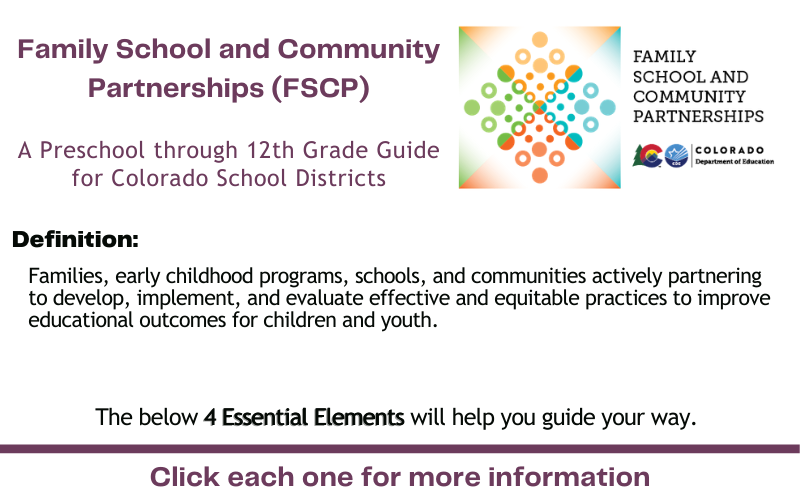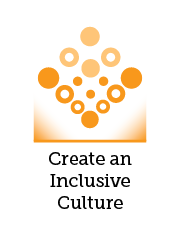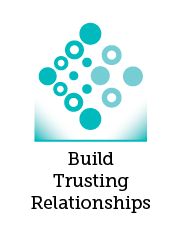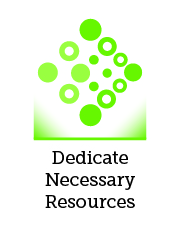CDE will be closed on Friday, July 4, 2025, for the Independence Day holiday.
You are here
Step 2: Follow a Framework
Strong programs of family, school, and community partnerships require that schools create organizational structures and norms to support excelling partnership practices (Kim & Sheridan, 2015). A framework provides FSCP Teams with these organizational structures and guides teams to thoughtfully plan and evaluate promising partnership practices that create a welcoming school environment and increase student success.
In 2020, the Colorado Department of Education released its P-12 FSCP Framework, developed by and for Coloradans. The P-12 FSCP Framework has four Essential Elements: Create an Inclusive Culture, Build Trusting Relationships, Develop Capacity-Building Opportunities, and Dedicate Necessary Resources. The Essential Elements were developed to help guide educators’ understanding of the characteristics of high-quality, excelling partnership programs.
- School and program leadership - School leaders promote a vision and norms supporting partnerships and by allocating resources (human, financial, and material) for family, school, and community partnerships (Jung, & Sheldon, 2020).
- Attention to inequities - Successful school and program implementation of FSCP are those that attend to the everyday realities and challenges faced by traditionally underserved families.
- Giving voice and sharing power - Excelling programs are characterized by systems that strive to give all families voice in setting the partnership agenda and maintain attention on the need to ensure that all families from all groups in the school and program community are represented on school and program decision making committees (Epstein et al., 2019; Auerbach, 2009; Ishimaru, 2019).
- Programmatic approach, not events - Family, school, and community partnerships are more than a collection of events. Sustainable and effective efforts are part of a systemic effort that is integrated into the regular organizational routines of schools and early childhood programs (Epstein, Galindo, & Sheldon, 2006).
- Teamwork and shared leadership - Family, school, and community partnerships are more likely to be sustained when the power to plan and implement practices is shared among administrators, teachers, families, and community partners. In the secondary schools, successful programs empower students to provide leadership by asking them about their perceptions and preferences related to the involvement of their families in their schooling (Sanders & Sheldon, 2009).
- Evaluation - Strong programs use the goals they set to guide partnership practices as an anchor for their evaluation practices. Sites that do not engage families and teachers in a process to collect feedback on partnership practices are not positioning themselves to improve the way they serve students and their families (Sanders & Sheldon, 2009; Epstein et al., 2019).
Resources for Following a Framework








Connect With Us





